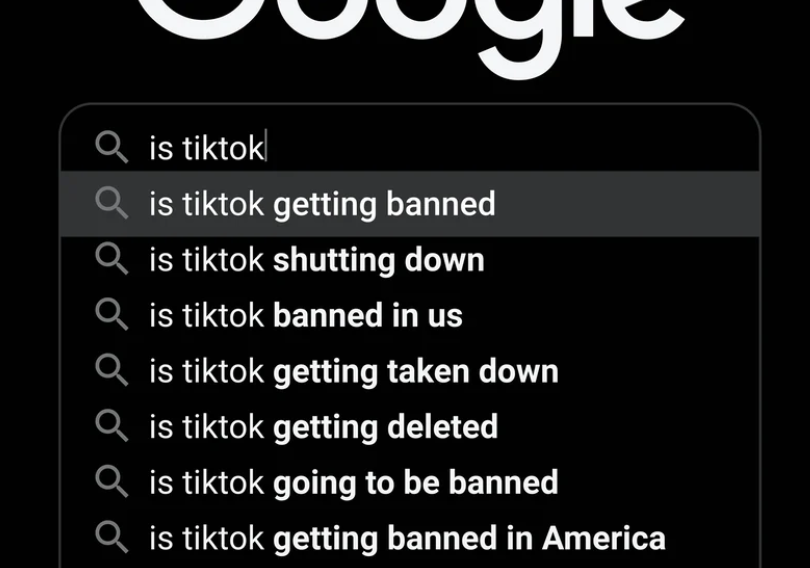What could be so controversial about a social media app that lets a user base of mostly teens share short music videos? Recently, popular social media app TikTok has fallen under scrutiny for its ownership by Chinese tech giant ByteDance, what data it collects on US-based users and whether that data could end up in the hands of the Chinese government. These tensions started late last year but have come to a recent head with the suggestion the app might be banned in the US, and while President Trump has become the media face of US government opposition to the app, questions about the security threat that might be presented by the app have been bipartisan, with Senate Minority Leader Chuck Schumer also recently raising concerns.

The latest news indicates that the US administration is no longer opposed to an acquisition of TikTok by a domestic company, and Microsoft appears to be the lead contender for this. With north of 80 million active US users – and 800 million monthly active users worldwide, this represents a huge opportunity for a company like Microsoft to get its name in front of a younger demographic that was raised with iPhones and iPads, has yet to take a work meeting with Skype and, if they don’t have an XBox, probably doesn’t have much familiarity with Microsoft’s name at all.
This lack of familiarity with Microsoft could also make it difficult to retain users under new ownership. It represents an opportunity for established social media companies like Snapchat, Facebook and Instagram to attempt to lure those TikTok users into their folds. They have name recognition, the money to lure influencers and large user bases to re-establish a following from, even if their format is a little more static. They are well-positioned to win over this audience, particularly if Microsoft makes the acquisition and makes any missteps. Many TikTok influencers are already pushing hard for their influencers to follow them on other channels – a sensible move in the event a shutdown is sudden.
In the interim, concerns about the future of TikTok have led many users to explore alternative, yet similar video-based platforms. The leader among these is Triller, a platform we worked with on growth strategies during their very early stages. Triller’s social video platform is also packed with influencers and celebrities, and features a unique AI-powered algorithm to make video editing easy. Today in The Hustle, Triller investor Jaeson Ma talked about waking up to find out Triller was “the #1 app in the world” due to downloads following President Trump’s announcement. He cites the platform’s creator-friendly policies as a reason: “We empower artists to get their brand out in a way that is authentic to them. And that’s why they all post for free on the platform.”
Like many platforms (see, for example, Travis Scott’s live concert in Fortnite), Triller is extending its brand from user-generated music video to include other genres like comedy and live events like an upcoming pay-per-view bout between Mike Tyson and Roy Jones Jr.
In the near term, it seems likely we will see TikTok change hands rather than be completely shut down in the US. In the long term, it remains to be seen whether an acquirer will seamlessly transition the app, if apps like Snapchat and Instagram will aggressively pursue the TikTok user base or whether similar social video apps like Triller will continue to see massive interest.